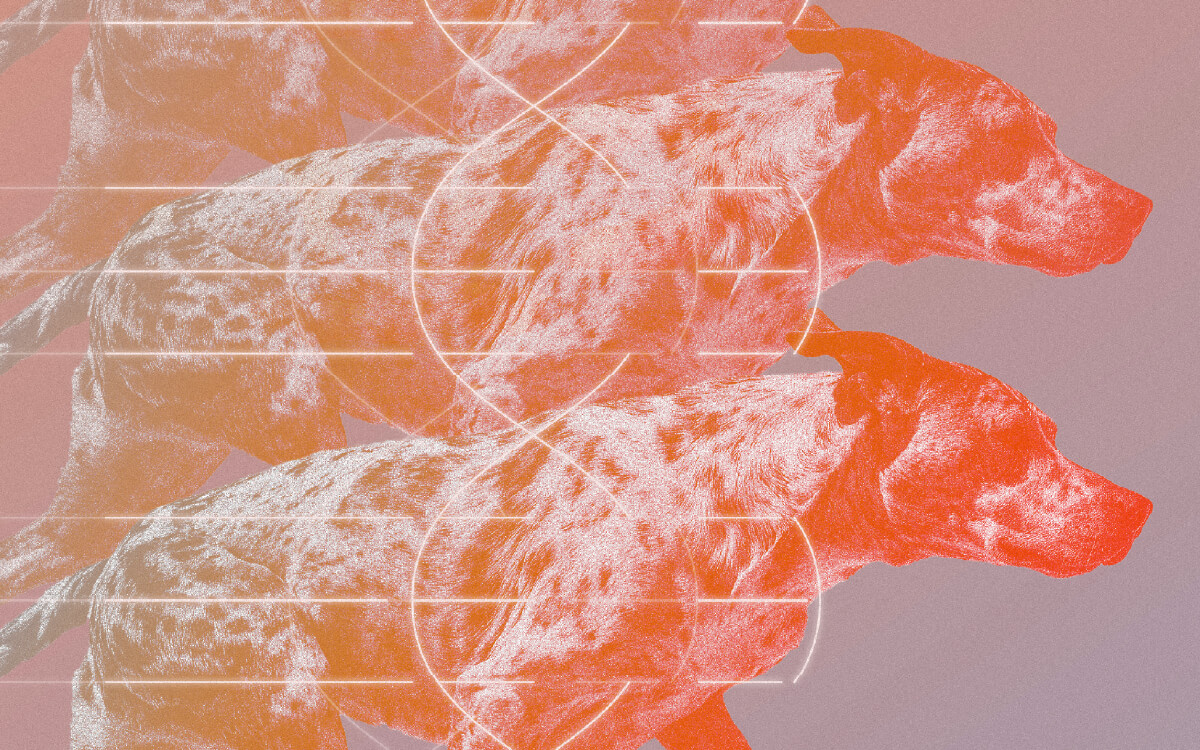NOTES
We believe that accurately identifying and articulating the most critical unmet needs in health is the first and most fundamental step in deriving solutions that positively impact health at scale. A meaningful understanding of such needs requires a broad view, one that embraces how questions of science and technology are tied inextricably to economic, policy, and social circumstances and histories.
Here we write and publish on life sciences, health technologies & services, and animal health.

In 300 BCE, the Greek philosopher Aristotle described dogs suffering from “a madness” and noted that other animals became similarly diseased if bitten by affected dogs. He was recounting rabies, an acute, progressive, ultimately fatal inflammation of the brain and spinal cord, and one of the oldest recognized zoonotic diseases.
Notes on Animal Health

Whales, elephants, bats and naked mole rats all have relatively long lives but rarely develop cancer. Understanding the mechanisms by which these species protect themselves against cancer may give us new approaches to treating and preventing cancer in humans and companion animals.
Notes on Animal Health

When we visit a veterinary clinic today, the doctor examining our pet will likely be female because women now make up the majority of the veterinary workforce. According to the American Veterinary Medical Association (AVMA), in 2023, of the 127,131 employed veterinarians in the United States, approximately 67% (85,337) were female and 32% (41,253) were male. The predominance of women in the field, however, is a relatively new development.
Notes on Animal Health

From the minute an organism is born its cells and tissues are subject to an array of insults and injuries, some small and some major. While we have made progress on numerous fronts to prevent, treat, or slow many diseases, the holy grail remains regenerative therapies designed to replenish and repair tissue or organs impaired by disease, trauma, or congenital defects.
Notes on Animal Health

Because the lifespans of our domestic pets are so much shorter than ours, inevitably pet owners experience the heartbreak of their death. But what if you could give your pet immortality, well, a type of immortality? Science has now given us the ability to clone our pets, and in doing so we can keep them alive, at least genetically, forever. But should we?
Notes on Animal Health

Pets have never been more popular. It is estimated that 66% of U.S. households (86.9 million homes) own at least one pet, while globally approximately 33% of households keep one or more. Unfortunately, for a significant portion of the human population, pets come with a significant downside: allergies. The Allergy and Asthma Foundation of America estimates that 10-20% of the world’s population is affected by dog and/or cat allergies.
Notes on Animal Health

With the Paris 2024 Olympics rapidly approaching, many of us are looking forward to watching the best human athletes in the world compete for their home countries. As amazing as many of these athletes are, one wonders how other animals, specifically other land mammals, might compare.
Notes on Animal Health

For many of us, our pets truly are part of our family. They share our homes, our beds, go to work and on vacation with us. They entertain us and protect us. They will be by our sides and on our laps as we celebrate this holiday season with family and friends. We keep our pets close with little concern that they might share fleas, ticks, and intestinal parasites with us. That, however, has not always been the case.
Notes on Animal Health








